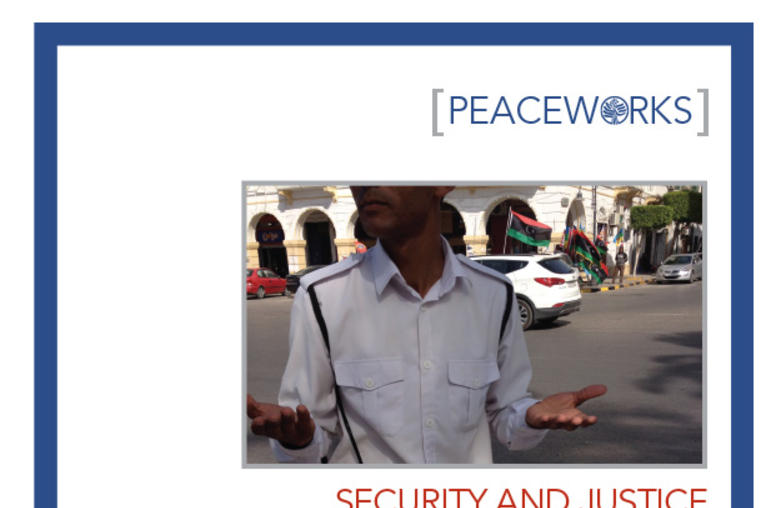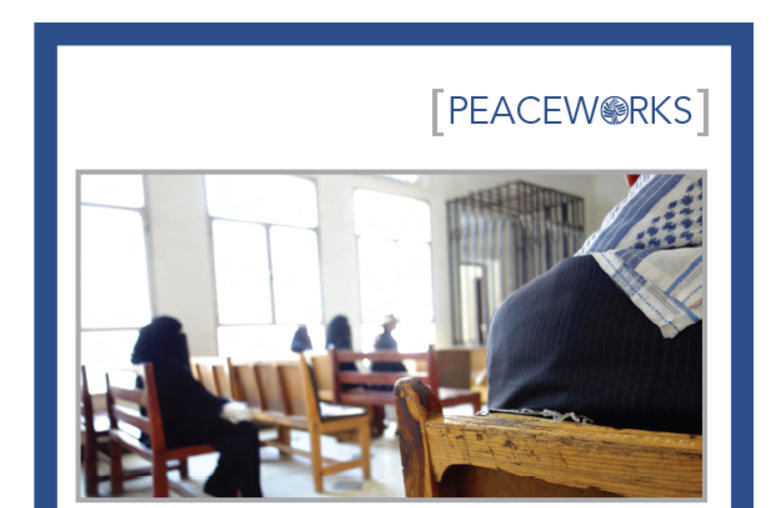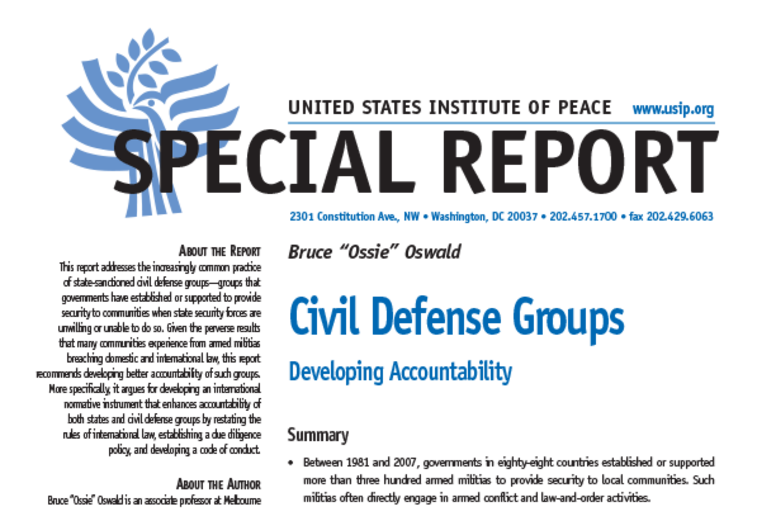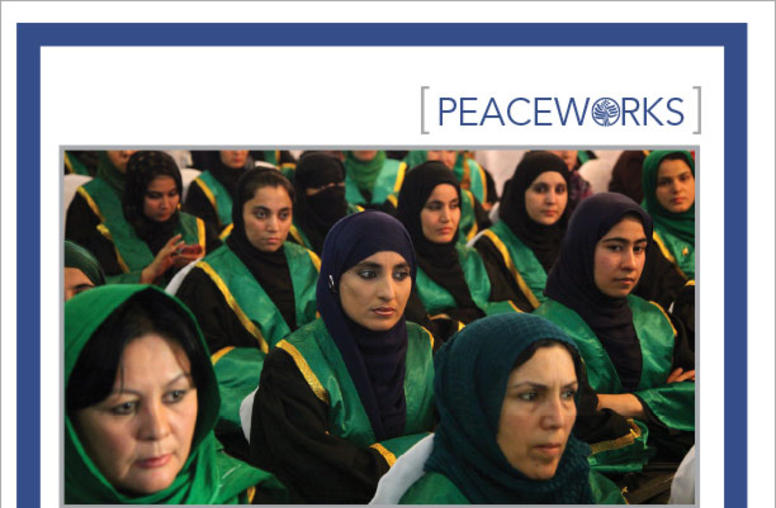The Role of International Financial Institutions in International Humanitarian Law

Key Points
- International financial institutions (IFIs) are increasingly involved in conflict situations and countries in which violations of international humanitarian law are widespread and devastating to the civilian population and the countries' economic prospects. Can IFIs be appropriate agents for promoting adherence to and enforcement of international humanitarian law? Are they equipped to do so? Many argue that structural and political concerns pose obstacles to the development of a role for IFIs with respect to international humanitarian law. In contrast, others suggest that the role and function of the IFIs in the international community enable them to make some contribution to the implementation and enforcement of international humanitarian law, and that factoring humanitarian law violations into their decision-making processes can actually be essential to the effective implementation of their own mandates.
- Any policy an IFI enacts in countries marked by conflict and atrocities will send a message about the institution's level of tolerance for or abhorrence of humanitarian law violations. Placing the financial weight of the IFIs behind international humanitarian law can help to dissuade states and other actors from committing atrocities for fear of losing much-needed financial assistance. Although some argue that disengagement in response to atrocities would undermine an IFI's position as an impartial adviser, proceeding with loans and projects without considering past or on going atrocities committed with impunity is not a neutral stance. An IFI's influence makes the very act of engagement, even if on the basis of economic considerations alone, just as symbolic as that of disengagement.
- IFI involvement in international humanitarian law can also support efforts by the United Nations and the international community to prevent and limit violations of international humanitarian law and enforce the law against those suspected of committing atrocities. Although the World Bank and the International Monetary Fund (IMF) are specialized agencies ofthe United Nations and function as independent international organizations not bound by most UN decisions, they are bound by UN Security Council resolutions taken under Chapter VII of the UN Charter. IFIs therefore need to tailor their operations in countries that are the subject of Chapter VII resolutions to ensure that they do not contravene the binding decisions and actions of the United Nations. In addition, as organizations comprising states that are also members of the United Nations, IFIs need to confront what they can do as institutions in light of their member states' legal obligations under the UN Charter and consider how their proposed operations might affect their member states' ability to fulfill their obligations as members of the United Nations.
- Any effort to promote a role for IFIs in international humanitarian law must nonetheless address the accountability and political questions raised by the IFIs' governance structures and the legal questions raised by the limited mandates of the IFIs as specialized economic organizations. One concern is that taking international humanitarian law into consideration will politicize IFIs and open them to charges of bias and subjectivity, undermining their role as outside expert organizations that give impartial and disinterested advice and resources. In addition, most of the IFIs' mandates prohibit their interfering in or being influenced by any member state's political character of domestic politics, a prohibition that leads many to argue that international humanitarian law issues fall out side the purview of IFIs' mandates.
- However, international humanitarian law violations can have significant and direct economic effects that IFIs should take into consideration in their decision-making processes. Atrocities committed against civilian populations during conflict of ten disrupt the regular functioning of the economy during conflict and then complicate and hinder the reconstruction and development of the economy after the conflict, as do the nonapprehension of war criminals and the spread of organized crime and corruption -- threatening the very mandates that IFIs seek to fulfill. Humanitarian law violations are therefore of legitimate economic concern to IFIs and should not be excluded from consideration as purely political issues.
- In addition, many argue that IFIs actually need to consider international humanitarian law issues in certain circumstances in order to fulfill their mandates. Widespread violations of rights under humanitarian law can offer insight into how a government will treat other international obligations, such as loan agreements with the World Bank or the IMF. Studies and past experience have also shown that human rights violations and, by extension, the commission of massive atrocities during conflict can affect a country's economic growth, the financial success of development programs, and the state's ability to service its debts, as well as an IFI's ability to supervise and manage its projects. If violations of international humanitarian law are indicators of a state's future economic prospects or undermine efforts to promote development and economic cooperation, having information about such violations will help IFIs ensure that they can fulfill their mandates.
- A role for IFIs in the implementation and enforcement of international humanitarian law does not mean that they must always withdraw or reduce funding; rather, it requires that IFIs consider the impact of international humanitarian law violations as a factor in making policy and decisions. Existing practice demonstrates that IFIs already do incorporate these concerns into their analyses, at least on an occasional basis, and suggests several potential opportunities for IFIs to make a contribution in this area. These opportunities include examining the links between violations of international humanitarian law and prospects for economic growth and stability, sharing information with other international and multilateral organizations, supporting UN Security Council decisions and operations taken under Chapter VII, adopting formal conditionality policies, and applying informal conditionality in the course of daily operations.
About the Author
Laurie R. Blank is a program officer in the Institute's Rule of Law Program, focusing on issues relating to transitional justice, international humanitarian law, and war crimes. She also directs the International Humanitarian Law Working Group. Before joining the Institute, she was an associate attorney in the litigation department of the New York law firm of Shearman & Sterling.



